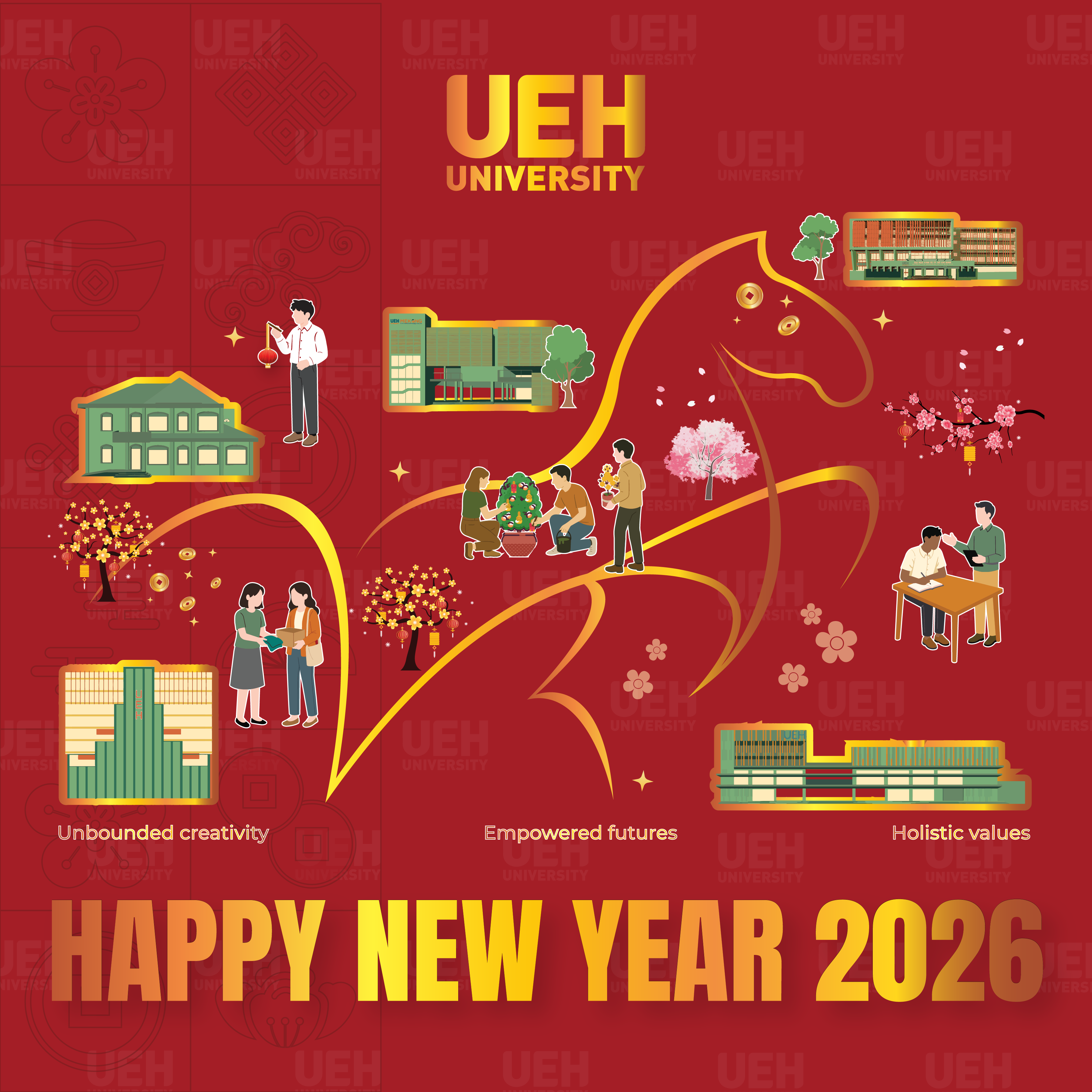
BANKS SHAKE HANDS WITH FINTECH (part 1): Banking - Fintech cooperation in terms of comprehensive financial stability
22 Sep, 2021
The Bank-Fintech cooperation in Vietnam has become increasingly exciting. Along with the trend, the challenge of security and safety of banks in this "handshake" is higher than ever. When will that balance for cooperation be reached, and what is the insider's responsibility? Let's read three parts of the series "Banks shake hands with Fintech" to decipher these pressing questions!

Banking and Fintech cooperation status in Vietnam
Discussing the role of Fintech in the Banking-Fintech cooperation relationship, Mr. Pham Tien Dung - Director of the Payment Department of the State Bank of Vietnam, stated: " Without Fintech, Mobile Banking would not be able to develop to its current level, and thanks to Fintech, banks now have a complete digital ecosystem.".” Banks used to equip the Mobile Banking project about ten years ago, but some had to stop because the investment costs were enormous. And when the cooperation between the Bank and Fintech started, Mobile Banking and Internet Banking became inevitable and more popular.
According to a survey by the Banking Strategy Institute in 2019, 84% of bank leaders said they want to cooperate with Fintechs for mutual development based on the available strengths of each party. At the same time, credit business processes such as credit rating, asset valuation, etc. can also be shared with Fintech. Because Fintech creates critical changes to financial activities, financial institutions that do not use Fintech will become obsolete and gradually lose competitiveness.
One of the notable domestic investments is the case of VPBank in FE Credit. VIB joined Fintech company Weezi to launch MyVIB Keyboard, an application for transferring money via social networks. Techcombank has partnered with Fintech Fastacash to introduce F@st Mobile, a quick transfer method via Facebook and Google+. Vietcombank cooperates with M_Service in money transfer payment. VietinBank collaborates with Opportunity Network (ON) to provide a platform to connect businesses with more than 15,000 businesses in 113 countries, creating effective market expansion opportunities for domestic companies with foreign partners. Military Commercial Joint Stock Bank (MB) has developed a digital bank in collaboration with strategic partner Viettel, one of the country's largest financial and telecommunications companies, to develop technology enabling users to conduct transactions directly within Facebook Messenger.
In addition, there is also a case where a Fintech company acquires a subsidiary of a bank. Typically, Lotte Card, a subsidiary of the Korean Lotte Group, has acquired Techcom Finance, a subsidiary of Techcombank Vietnam, to expand its consumer lending activities in Vietnam.
The State Bank of Vietnam’s perspective on Fintech development and national financial stability

Vietnam Fintech market is worth 9 billion USD in 2020 and continues to explode
Regarding the State Bank of Vietnam (SBV) perspective, stabilizing the financial system helps stabilize prices and ensure sustainable economic development. A stable financial system also creates an ideal environment for investors and depositors, increases the operational efficiency of financial intermediaries, helps financial markets function properly, and improves financial performance. The allocation of resources in the economy, reducing shocks and systemic risks. SBV assesses the stability of the banking system; until 2019, commercial banks have continuously strengthened their financial capacity as well as increased their operational scale. The system's liquidity is guaranteed to be stable, and situations that cause instability to the safety of the whole system, such as bad debt and cross-ownership, have been reduced to a deficient level.
However, compared with other countries in the region, Vietnamese commercial banks are still small in terms of size and financial capacity, and the financial health of a bank is still limited. In general, the level of safety and stability of the commercial banking system in particular and credit institutions is not equal to that of other countries in the region, vulnerable to unexpected external influences.
Assessing payment system risks, from SBV's perspective, in the context of Vietnam's payment system being promoted to connect to the rest of the world, the stakes are always the same: liquidity risk, credit risk, operational risk, and, most significantly, the risk of technology attack. In terms of cybersecurity risks alone, Vietnam is currently ranked sixth in the world in terms of risk of denial of service attacks and third in terms of computer network risks. Accordingly, the more integrated Vietnam is, the more comprehensive the cross-border payment system, the higher the risk, and the more significant the global market impact.
Facing that risk, the SBV has taken measures to manage and prevent the adverse effects of these risks on the national payment system, such as: installing software to track and exploit transaction data of interbank electronic payment system (IBPS), monitoring ATM/POS system, strictly managing foreign currency payment system, securities trading, participating in financial sector assessment program (FSAP) of the World Bank to identify weaknesses in the payment system, thereby taking active work to improve. In addition, the SBV also strengthens the management and stricter control over organizations providing electronic payment services such as e-wallets, as demonstrated by the issuance of a Strategy to supervise payment systems in Vietnam in the period 2014 - 2020 (according to Decision No. 1490/QD-NHNN dated July 29, 2014).
In general, from the SBV's point of view, compared to other countries in the world, Vietnam's payment system is currently relatively well managed and controlled, ensuring safety, reflected in the low number and rate of incidents and fraud. Moreover, by the end of 2020, the rate of card payments in Vietnam was only 1/3 of the world average.
Regarding financial inclusion, this is an issue that is concerned and promoted by the Government. The percentage of customers, especially retail customers such as individuals and small and medium-sized enterprises, who have access to financial products and services is still deficient compared to other regions. Promoting financial inclusion is still tricky because infrastructure is mainly concentrated in big cities. However, the SBV has had many policies supporting comprehensive financial development such as Project on promoting non-cash payment in Vietnam for the period 2016 - 2020 (Decision No. 2545/QD-TTg-2016), The project on building and developing the microfinance system in Vietnam to 2020 approved since 2011; Directive 22/CT-TTg-2020 on accelerating the implementation of non-cash payment development solutions in Vietnam; Project to improve access to banking services for the economy. Furthermore, The Prime Minister's Decision No. 149/QD-TTg/2020 approved the "National Comprehensive Financial Strategy to 2025, orientation to 2030". The biggest goal is: financial products and services are provided to all people and economic and non-economic organizations in a safe, convenient way, meeting demand, at a reasonable cost and suitable for everyone under the law.
Thus, the banking system's stability is still a weak point in ensuring the financial stability of Vietnam. Several solutions proposed by industry experts to improve the financial system's operational efficiency include leveraging Fintech's strengths to promote financial inclusion, digital financial activities, and banking activities that follow the fourth industrial revolution trend and enhance payment security confidentiality.
See the full research paper "4.0 Banking: Banks – Fintech Coordination in National Financial Stability", see details here.
Team of authors: Dr. Hoang Hai Yen, Dr. Nguyen Thi Hong Nhung, MSc. Nguyen Thi Thuy Duong (Ho Chi Minh City University of Economics) & MSc. Vu Bich Ngoc, MSc. Tran Hoang Truc Linh (Ho Chi Minh City Open University).
It is an article in the series of articles that share research and applied knowledge from the University of Economics Ho Chi Minh City. Readers are warmly welcomed to article 03: “Banks shake hands with Fintech (part 2): According to what criteria do Banks – Fintech choose their partners?”
News, photos: Team of authors, Department of Marketing and Communication.










